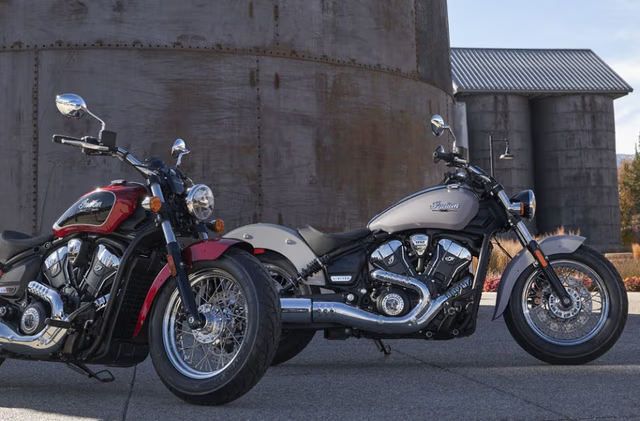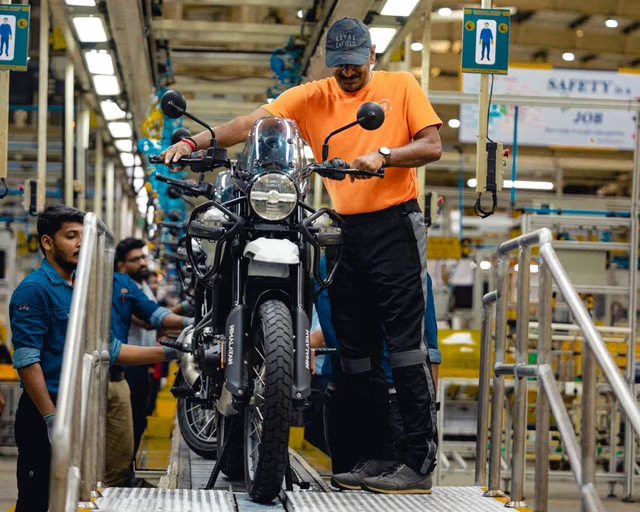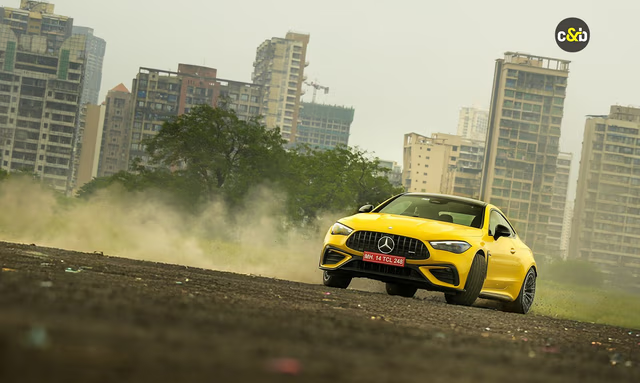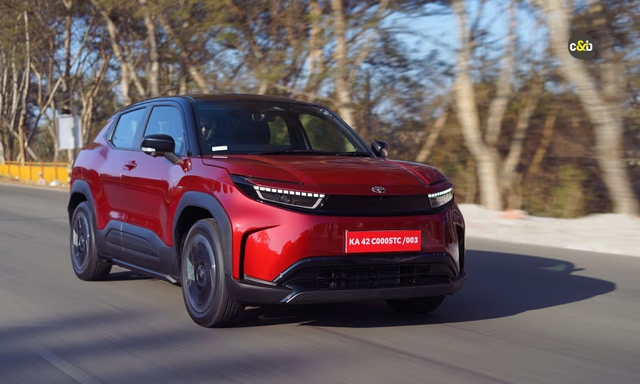India Seeks Lower Oil Prices As High Pump Prices Bite

India is in talks with crude producers about securing more affordable oil prices after tax-laden pump prices of gasoline and gas oil surged to record highs in Asia's third-largest economy, adding to inflation. India, the world's third-biggest oil importer and consumer, ships in over 80 per cent of its oil needs from overseas. "The government has been taking up the issue, bilaterally with crude oil-producing countries as well as with the Organization of Petroleum Exporting Countries (OPEC) for affordable crude prices for consuming countries like India," junior oil minister Rameswar Teli told lawmakers in a written reply.
Also Read: Explained: How Fuel Prices Are Calculated In India
India's new oil minister Hardeep Singh Puri recently flagged the issue of high oil prices to Saudi Arabia's oil minister and the chief executive of Abu Dhabi National Oil Co.
Oil prices in the global market this month hit their highest level in more than two years as the global economy recovers from the COVID-19 pandemic. However, prices fell on Monday after OPEC and other key producing countries agreed on Sunday to increase oil supply from August to cool prices.
Last year, India raised taxes on sales of gasoil and gasoline, instead of passing on the benefits of lower oil prices to consumers, to boost revenue to fund welfare schemes.
India's federal government collected about 3.35 trillion rupees ($44.90 billion) by way of excise duty from gasoline and gasoil sales in the last fiscal year to March 2021 compared to 1.78 trillion rupees in 2019/20, Teli said.
"The excise duty rates on petrol and diesel have been calibrated to generate resources for infrastructure and other developmental items of expenditure keeping in view the present fiscal position," Teli said.
The impact of the increase in prices of petrol and diesel can be seen in inflationary trends as measured by the Wholesale Price Index, Teli said.
Due to a spike in energy prices, India's wholesale price inflation accelerated to at least a 15-year high of 12.94% year-on-year in May although it eased to 12.07 per cent in June.
Latest News
 car&bike Team | Feb 11, 2026Indian Motorcycle Won’t Build Entry-Level Bike, Says New CEOThe brand’s new CEO Mike Kennedy has all but denied any plans of Indian Motorcycle looking at entry-level bikes in the foreseeable future.1 min read
car&bike Team | Feb 11, 2026Indian Motorcycle Won’t Build Entry-Level Bike, Says New CEOThe brand’s new CEO Mike Kennedy has all but denied any plans of Indian Motorcycle looking at entry-level bikes in the foreseeable future.1 min read car&bike Team | Feb 11, 2026TVS Gives iQube Electric Scooter To Vatican City State For Daily OperationsAiming to promote zero-emission mobility, the e-scooters are expected to help with the daily operational needs of the Vatican.1 min read
car&bike Team | Feb 11, 2026TVS Gives iQube Electric Scooter To Vatican City State For Daily OperationsAiming to promote zero-emission mobility, the e-scooters are expected to help with the daily operational needs of the Vatican.1 min read Jaiveer Mehra | Feb 11, 2026Mahindra To Launch Two Facelifted SUVs In India In 2026Carmaker revealed that it intended to introduce a total of 5 models across ICE and EV in India in 2026, including the XUV 7XO, XEV 9S and BE 6 Formula E Edition.1 min read
Jaiveer Mehra | Feb 11, 2026Mahindra To Launch Two Facelifted SUVs In India In 2026Carmaker revealed that it intended to introduce a total of 5 models across ICE and EV in India in 2026, including the XUV 7XO, XEV 9S and BE 6 Formula E Edition.1 min read Carandbike Team | Feb 11, 2026MG Majestor India Launch Tomorrow: What To Expect?Essentially an updated version of the MG Gloster, the new Majestor will be positioned as a more premium derivative, taking on rivals like the Toyota Fortuner.1 min read
Carandbike Team | Feb 11, 2026MG Majestor India Launch Tomorrow: What To Expect?Essentially an updated version of the MG Gloster, the new Majestor will be positioned as a more premium derivative, taking on rivals like the Toyota Fortuner.1 min read car&bike Team | Feb 11, 2026Royal Enfield To Boost Annual Production Capacity To 20 Lakh MotorcyclesRoyal Enfield plans a major capacity expansion to meet rising demand, targeting an annual production capacity of 20 lakh motorcycles by FY2028.1 min read
car&bike Team | Feb 11, 2026Royal Enfield To Boost Annual Production Capacity To 20 Lakh MotorcyclesRoyal Enfield plans a major capacity expansion to meet rising demand, targeting an annual production capacity of 20 lakh motorcycles by FY2028.1 min read Jafar Rizvi | Feb 11, 2026New Mercedes-AMG GLC 53 Debuts With Six-Cylinder Engine And Drift ModeThe new GLC 53 is the first AMG SUV to come with a dedicated 'Drift Mode'.1 min read
Jafar Rizvi | Feb 11, 2026New Mercedes-AMG GLC 53 Debuts With Six-Cylinder Engine And Drift ModeThe new GLC 53 is the first AMG SUV to come with a dedicated 'Drift Mode'.1 min read
 Bilal Firfiray | Feb 11, 2026Mercedes-AMG CLE 53 Coupe Review: The Goldilocks AMG?The Mercedes-AMG CLE 53 Coupe is a concoction of hooliganistic performance and everyday usability. Here’s why this Rs 1.5 crore two-door AMG might be the perfect modern sports coupe for India.6 mins read
Bilal Firfiray | Feb 11, 2026Mercedes-AMG CLE 53 Coupe Review: The Goldilocks AMG?The Mercedes-AMG CLE 53 Coupe is a concoction of hooliganistic performance and everyday usability. Here’s why this Rs 1.5 crore two-door AMG might be the perfect modern sports coupe for India.6 mins read Girish Karkera | Feb 11, 2026Toyota Ebella EV Review: Compact And Fun-To-Drive With The Promise Of Stress-Free AftersalesNo hiding the fact that it is a clone of the Maruti Suzuki eVitara, but the first all-electric Toyota in India is reasonably well-rounded8 mins read
Girish Karkera | Feb 11, 2026Toyota Ebella EV Review: Compact And Fun-To-Drive With The Promise Of Stress-Free AftersalesNo hiding the fact that it is a clone of the Maruti Suzuki eVitara, but the first all-electric Toyota in India is reasonably well-rounded8 mins read Bilal Firfiray | Feb 10, 2026Tata Punch EV Long Term Review: Small EV With A Big-Hearted PersonalityWith the new Punch EV Facelift just around the corner, we decided to take a look at what it excels at and what could be improved.7 mins read
Bilal Firfiray | Feb 10, 2026Tata Punch EV Long Term Review: Small EV With A Big-Hearted PersonalityWith the new Punch EV Facelift just around the corner, we decided to take a look at what it excels at and what could be improved.7 mins read Bilal Firfiray | Feb 4, 2026Volkswagen Tayron R-Line Review: Sensible Flagship For IndiaVolkswagen has introduced a made-in-India flagship SUV that offers space, comfort, performance, and German driving finesse in a practical three-row package. But is the Tayron R-Line good enough?6 mins read
Bilal Firfiray | Feb 4, 2026Volkswagen Tayron R-Line Review: Sensible Flagship For IndiaVolkswagen has introduced a made-in-India flagship SUV that offers space, comfort, performance, and German driving finesse in a practical three-row package. But is the Tayron R-Line good enough?6 mins read Preetam Bora | Feb 2, 2026TVS NTorq 150 Road Test Review: Bigger, Better & More Efficient!We test the new TVS NTorq 150 out in the real world to get a sense of what it offers in terms of performance, dynamics and fuel economy.7 mins read
Preetam Bora | Feb 2, 2026TVS NTorq 150 Road Test Review: Bigger, Better & More Efficient!We test the new TVS NTorq 150 out in the real world to get a sense of what it offers in terms of performance, dynamics and fuel economy.7 mins read



























































































































